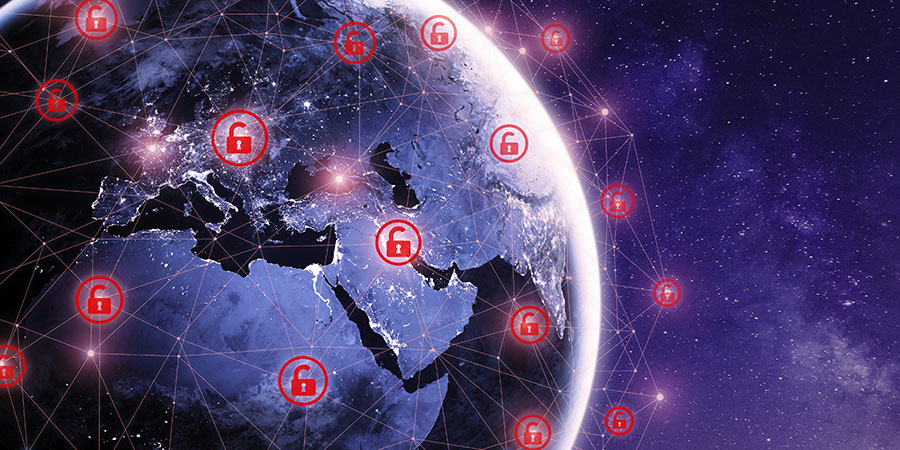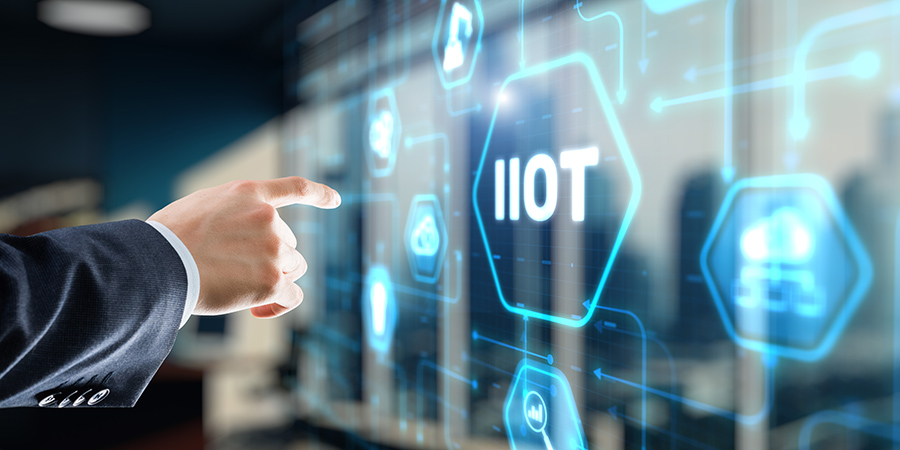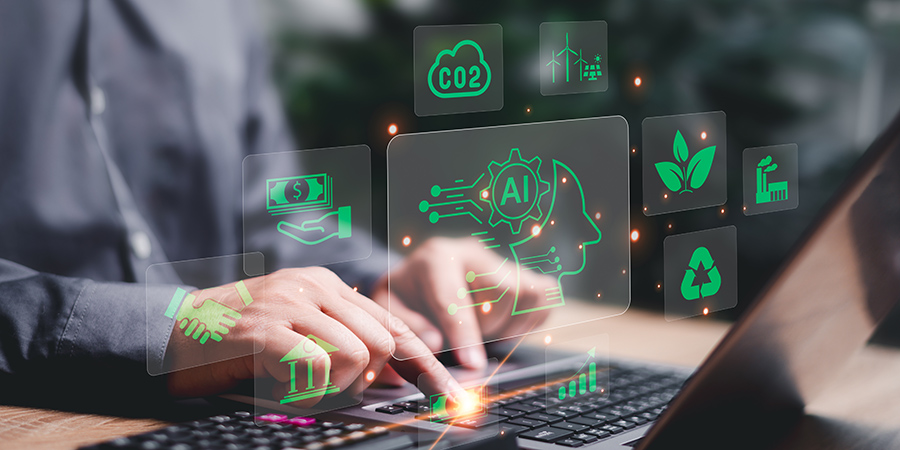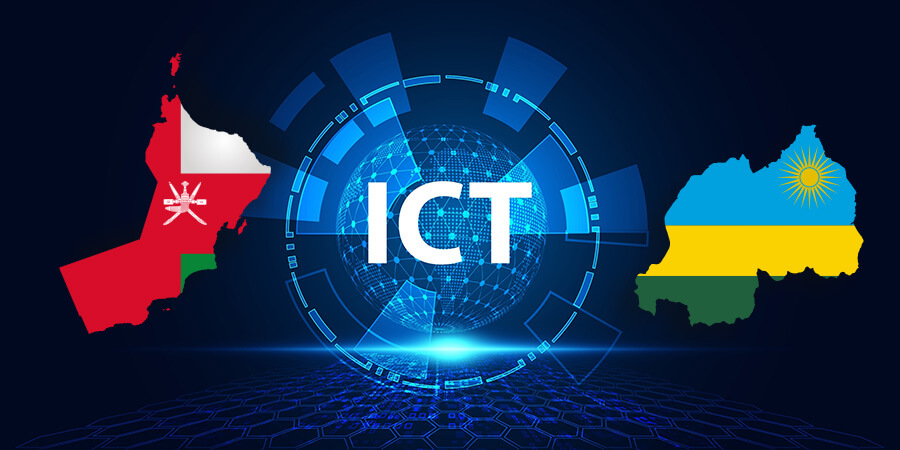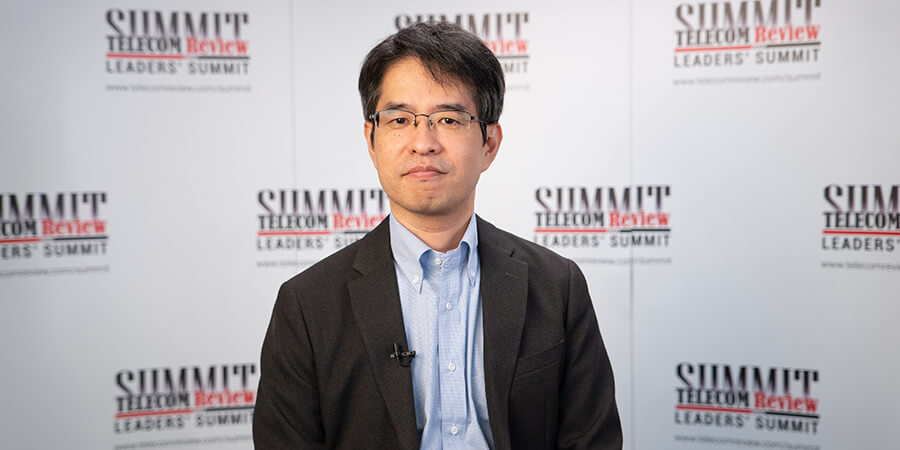
As 5G networks get more popular, the need for advanced security solutions has become more critical than ever. 5G promises faster speeds and the ability to connect more devices, but these benefits come with new challenges in protecting the network. Cyberattacks are evolving, and traditional security methods may no longer be enough. Artificial intelligence (AI) has emerged as a key player in strengthening 5G security, offering innovative ways to detect and prevent threats in real-time.
Understanding the Challenges of 5G Network Security
5G technology introduces features that make it appealing but also opens up new vulnerabilities. One major challenge is the large number of devices connected to the network. From smartphones to smart cities, the rapid increase in Internet of Things (IoT) devices creates more entry points for cyberattacks.
Another challenge is the complexity of 5G networks. These decentralized networks are spread over multiple locations and devices, making them harder to monitor and secure. Additionally, the speed and data capacity of 5G make it easier for attackers to launch large-scale cyberattacks that can cause widespread damage quickly.
The Importance of AI in 5G Infrastructure Protection
AI is a game-changer in protecting 5G infrastructure. Traditional security systems often rely on human intervention, making them slower to respond to threats. AI, however, can process vast amounts of data quickly, identifying risks before they escalate.
One key benefit of AI in 5G security is real-time threat detection. AI’s algorithms monitor network traffic, learning from patterns and identifying anomalies that indicate potential attacks. This proactive approach allows AI to detect threats as they happen, minimizing the impact of breaches.
AI also automates security protocols. By using machine learning, AI systems adapt to new types of attacks without needing manual updates. This flexibility is essential in an environment like 5G, where threats are constantly evolving. Automated responses reduce the time between detecting and addressing issues, improving overall network safety.
Securing 5G Networks: The Impact of Online Coupon Scams
As 5G networks expand, more users rely on fast, secure internet for everyday activities like online shopping. While online coupons, discount codes, and promocode offers provide great savings, they also create opportunities for cybercriminals. You can learn more about online shopping and discount codes here. Hackers sometimes target such coupon sites to exploit vulnerabilities, and online coupon scams can lead to data theft or device infection.
Promocode scams are especially dangerous in 5G environments due to the speed and connectivity of these networks. Unsuspecting users might click on fraudulent discount codes from fake coupon sites, unknowingly downloading a virus. This malware can spread across the network quickly, infecting multiple devices.
AI can help prevent these scams by analyzing website behavior. AI’s algorithms detect suspicious activity on coupon sites, flagging potential threats before they reach users. AI also helps with ensuring consumers only interact with verified online coupons. By doing so, AI protects both businesses and consumers from coupon-related cyberattacks.
The Future of Network Security: AI's Expanding Role in 5G
Looking ahead, AI will play an increasingly important role in network security, especially within 5G. The dynamic nature of 5G networks requires a security solution that can quickly adapt to new threats, and AI is well-suited for this task.
In the future, AI will become even more sophisticated in detecting, predicting, and neutralizing threats. Machine learning algorithms will evolve, becoming more accurate at identifying suspicious activities in real-time. AI-driven security systems will anticipate potential attacks before they occur, allowing network operators to take preemptive action and mitigate risks.
AI will also help manage the growing number of IoT devices connected to 5G. These devices present security challenges due to their variety and often limited security features. AI can monitor IoT devices for abnormal behavior, detecting compromised devices early and isolating them from the network to prevent further damage.
Conclusion
The future of 5G security heavily depends on AI's capabilities. With its ability to detect and respond to threats in real-time, AI provides a powerful solution to the challenges of 5G networks. From protecting the field to preventing online coupon scams, AI is paving the way for a more secure digital world. As cyber threats continue to evolve, AI will remain a critical tool in safeguarding the next generation of networks, ensuring that 5G can reach its full potential without compromising security.




